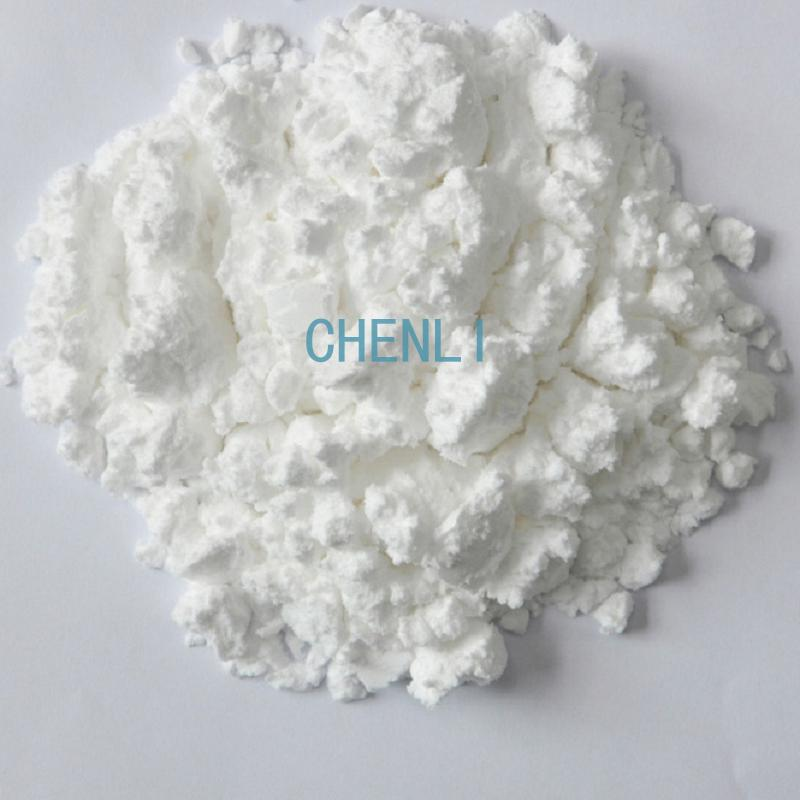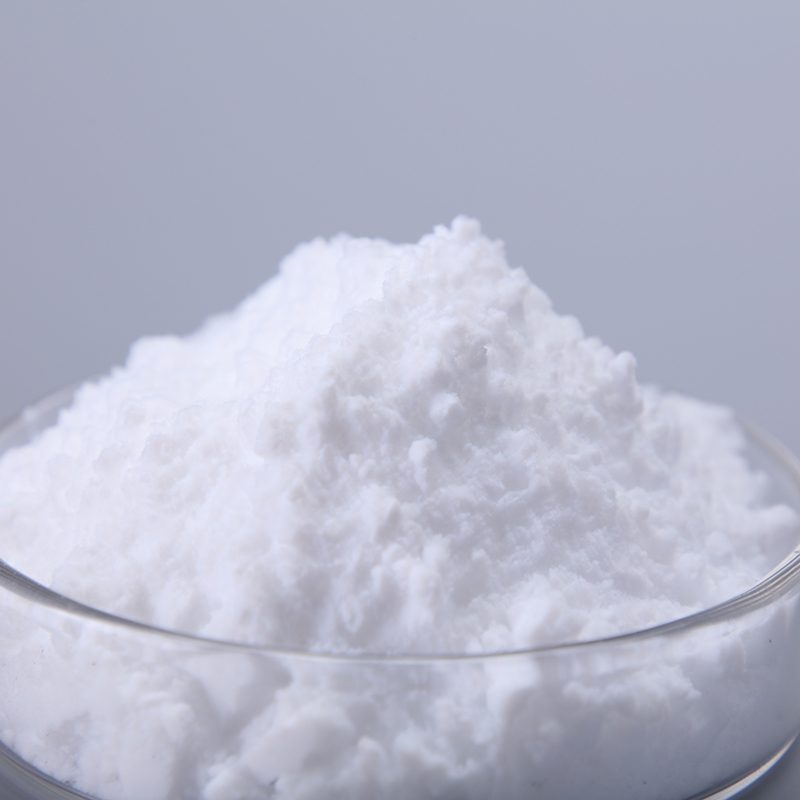-
Categories
-
Pharmaceutical Intermediates
-
Active Pharmaceutical Ingredients
-
Food Additives
- Industrial Coatings
- Agrochemicals
- Dyes and Pigments
- Surfactant
- Flavors and Fragrances
- Chemical Reagents
- Catalyst and Auxiliary
- Natural Products
- Inorganic Chemistry
-
Organic Chemistry
-
Biochemical Engineering
- Analytical Chemistry
-
Cosmetic Ingredient
- Water Treatment Chemical
-
Pharmaceutical Intermediates
Promotion
ECHEMI Mall
Wholesale
Weekly Price
Exhibition
News
-
Trade Service
▎Editor of WuXi AppTec's content team Since the new crown vaccine was widely vaccinated, many studies have reported the vaccine's protective effect on symptomatic infections.
As more data accumulates, the impact of vaccines on asymptomatic infections has also received more attention.
Recently, a research team from St.
Jude Children's Research Hospital and a research team from Tel Aviv Sourasky Medical Center in Israel published articles in the Journal of the American Medical Association.
, Both articles show that compared with medical staff who have not received the new crown vaccine, people who have received the Pfizer-BioNTech BNT162b2 vaccine have a significantly reduced risk of asymptomatic and symptomatic new crown virus infection.
In the two studies, the risk of asymptomatic infection in the vaccinated population was reduced by 72%-86%.
Screenshot source: The first JAMA study came from the American research team.
The corresponding author is Dr.
Li Tang from the Department of Biostatistics, St Jude Children's Research Hospital.
A total of 5217 hospital employees were involved in the study.
As of March 20, 3052 (58%) employees had received at least one dose of BNT162b2 vaccine; 2776 (53.
2%) employees had received two doses of vaccine; 2165 had not been vaccinated People (41.
5%).
In the unvaccinated group, the median follow-up time was 81 days, and in the vaccinated group, the follow-up time was 72 days.
The results showed that almost half of the positive cases (108 cases) were asymptomatic at the time of testing.
In the vaccinated group, 51 people tested positive for the new coronavirus, of which 29 (56.
9%) were asymptomatic, and 10 people tested positive after the second shot of the vaccine; in the unvaccinated group, 185 Names were positive, of which 79 (42.
7%) were asymptomatic.
Overall: Compared with unvaccinated employees, the risk of asymptomatic and symptomatic new coronavirus infections for vaccinated employees is reduced by 79% (IRR=0.
21).
The risk of asymptomatic infection was reduced by 72% (IRR=0.
28), and the risk of symptomatic infection or infection after known exposure was reduced by 84% (IRR=0.
16).
The protective effect of vaccination with 2 shots is greater.
Twelve days after the first shot and before the second shot, the risk of infection was reduced by 42%.
One week after the second shot, the risk of infection was reduced by 90%.
The research team said that the limitations of the study include: short follow-up time, small number of cohorts, uneven follow-up, and time risk differences during the monitoring period.
Therefore, further research is needed to determine whether a reduction in the risk of asymptomatic infection will lead to a reduction in infection rates.
The co-first author of the study, Dr.
Diego Hijano of the Infectious Diseases Department of St.
Jude Children’s Research Hospital, said: “Although further research is needed, there is a high possibility that vaccination will reduce the spread of the new coronavirus.
” Screenshot source: JAMA in In this retrospective cohort study conducted in Israel, the researchers followed up 6,710 medical staff for a median time of 63 days.
Between December 20, 2020 and February 25, 2021, 5953 medical staff (88.
7%) received at least one shot of BNT162b2 vaccine, 5517 (82.
2%) received two shots of vaccine, and 757 ( 11.
3%) Not vaccinated.
The results showed that: 8 medical staff who were fully vaccinated (defined as 7 days after the second shot) and 38 medical staff who were not vaccinated developed symptomatic infections, and the risk of symptomatic infections in vaccinated patients was reduced by 97% (adjusted IRR) =0.
03).
Nineteen fully vaccinated medical staff and 17 unvaccinated medical staff developed asymptomatic new coronavirus infection, and the risk of asymptomatic infection among vaccinated patients was reduced by 86% (corrected RR=0.
14).
In general, compared with no vaccination, vaccination with the second shot of BNT162b2 vaccine for more than 7 days, the incidence of symptomatic and asymptomatic new coronavirus infection is significantly reduced.
The paper mentioned that the study also has some limitations: for example, the retrospective cohort study itself may limit the universality of the results; the medical staff who are not vaccinated are younger and more women, gender and age may affect the outcome; not vaccinated Tests in the population are more frequent; it cannot be ruled out that the health status and living habits of the vaccinated population are better.
New crown research related reading "The Lancet" National data in Israel: 95% reduction in infections, new crown vaccination promotes a sharp decline in cases, herd immunity may require 80% of the population to complete the vaccination, "The Lancet" published the real effect of the new crown vaccine in preventing infection and the protection effect is up to 78%, the Phase 3 clinical results of Sinopharm's new crown inactivated vaccine are released.
The detailed data of the phase 3 trial of Kexing inactivated vaccine is released.
After the 100% prevention of moderate to severe COVID-19, how did you get the new crown again? NEJM cases explain the impact of virus mutations in detail [1] COVID-19 vaccine is associated with fewer asymptomatic SARS-CoV-2 infections.
Retrieved 6-MAY-2021, from 05/sjcr-cvi050621.
php[2] Angel Y, Spitzer A, Henig O, et al (2021).
Association Between Vaccination With BNT162b2 and Incidence of Symptomatic and Asymptomatic SARS-CoV-2 Infections Among Health Care Workers.
JAMA.
Published online May 06, 2021.
doi:10.
1001/jama.
2021.
7152[3] Tang L, Hijano DR, Gaur AH, Geiger TL, Neufeld EJ, Hoffman JM, Hayden RT.
Asymptomatic and Symptomatic SARS-CoV-2 Infections After BNT162b2 Vaccination in a Routinely Screened Workforce.
JAMA.
2021 May 6.
doi: 10.
1001/jama.
2021.
6564.
If you need guidance on treatment plans, please go to a regular hospital for treatment.







